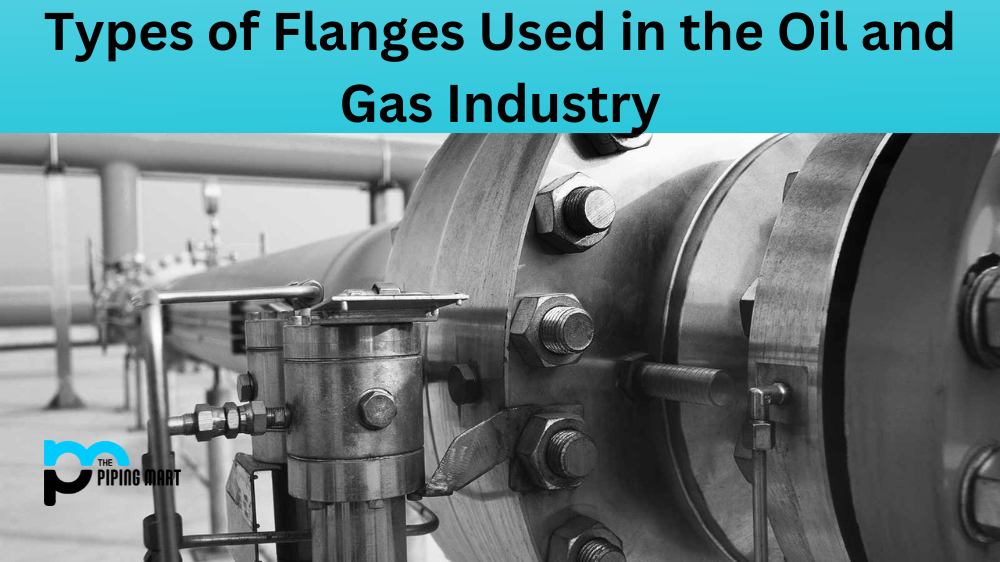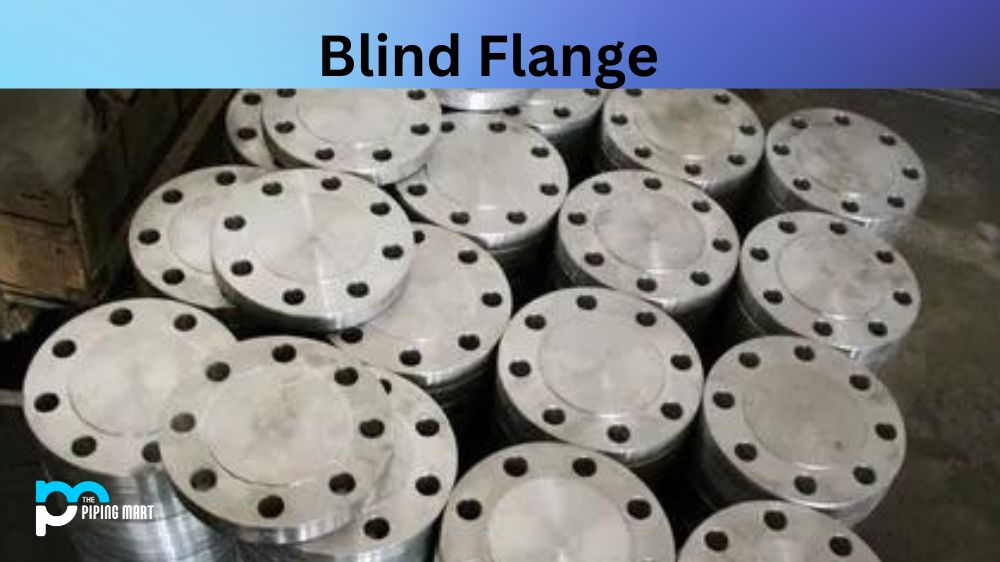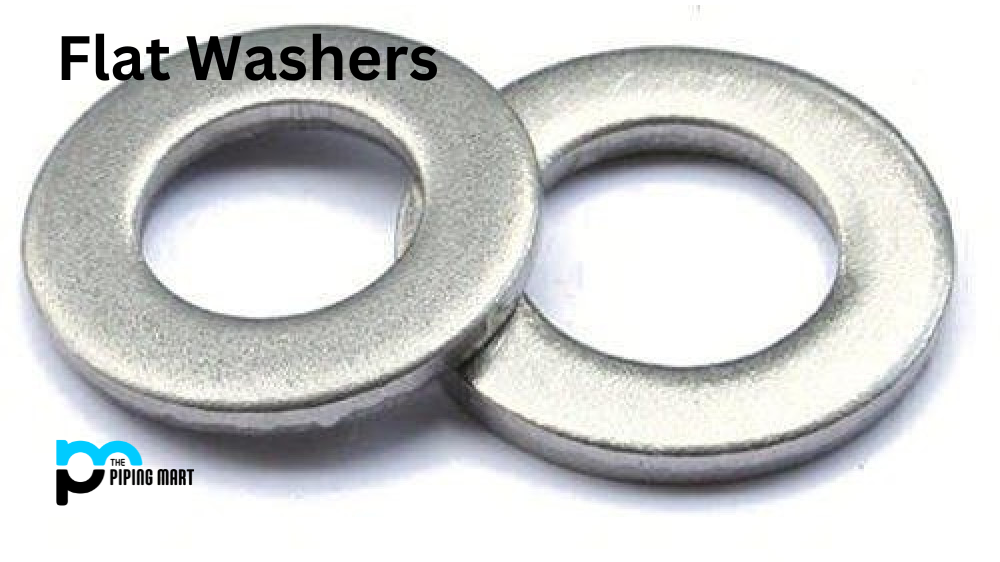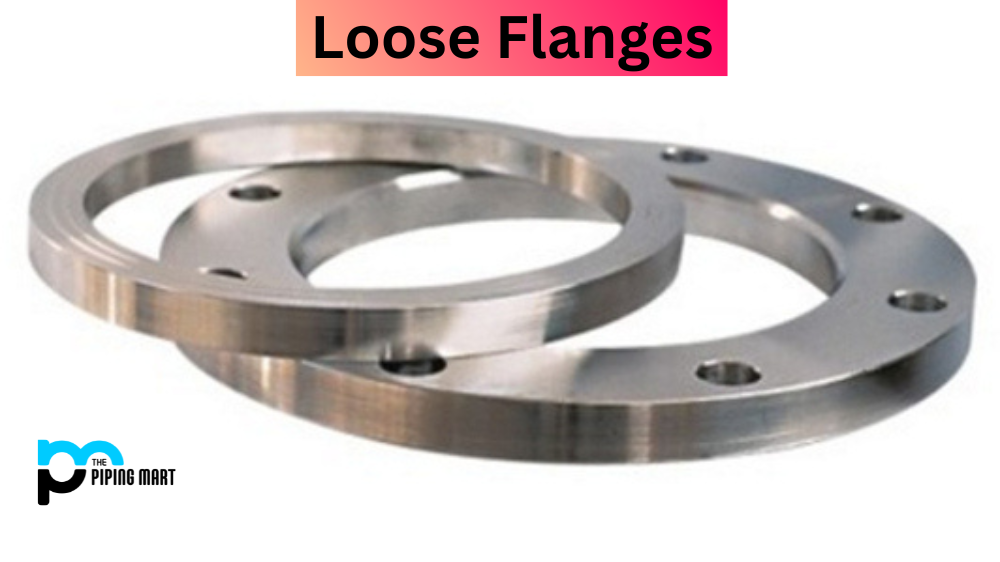Flanges are essential in the oil and gas industry, connecting pipes and equipment to create reliable and leak-free systems. Choosing the right flange type is critical to operating a safe and efficient oil and gas facility. This blog post will examine the different types of flanges used in the industry and their varying applications.
Types of Flanges Used in Oil and Gas Industry
Weld Neck Flanges
Weld neck flanges are the most commonly used type in the oil and gas industry. The flange is welded onto the end of a pipe, providing excellent strength and durability. They are used for high-pressure systems and can resist extreme stress. Weld neck flanges create a smooth flow inside the strategy, reducing turbulence and minimizing erosion.
Slip-On Flanges
Slip-on flanges are easy to install and remove, making them popular in low-pressure systems. These flanges are slipped over the end of the pipe and then welded into place. Slip-on flanges are cost-effective and great for systems that require frequent disassembly and maintenance.
Blind Flanges
Blind flanges are installed at the end of a pipe, providing a seal to prevent fluid from escaping the system. They are designed to be used in high-pressure systems and are typically used as a temporary closure while maintenance work is performed. Blind flanges must be carefully designed to withstand the system’s maximum pressure.
Threaded Flanges
Threaded flanges are commonly used in low-pressure systems. They have an internal thread that matches the external line of a pipe, allowing easy installation and removal. Threaded flanges are unsuitable for high-pressure systems as they cannot handle the same stress levels as other flange types.
Socket Weld Flanges
Socket weld flanges are similar to slip-on flanges but are designed for high-pressure systems. They are slipped over the end of a pipe and then welded into place on both sides. Socket weld flanges are an excellent option for smaller pipelines but unsuitable for large ones.
Types of Pumps in Oil and Gas Industry
Centrifugal Pumps: Widely used for transferring liquids in the oil and gas industry. They work on the principle of centrifugal force to move fluids through the system. Commonly used for water injection, crude oil transfer, and pipeline boosting.
Reciprocating Pumps: Utilized for high-pressure applications and when precise control is required. They operate by moving a piston back and forth within a cylinder to displace fluid. Commonly used in gas compression, chemical injection, and wellhead control.
Submersible Pumps: Designed to operate submerged in fluid, typically in wells or reservoirs. They are suitable for extracting fluids from deep wells or underwater reservoirs. Often used for crude oil production, water extraction, and offshore drilling.
Progressive Cavity Pumps (PCPs): Ideal for handling viscous fluids and fluids with high solid content. They consist of a helical rotor inside a stator, creating a continuous flow. Commonly used in heavy oil production, drilling mud transfer, and wastewater treatment.
Diaphragm Pumps: Employed for handling corrosive or abrasive fluids, as well as for metering applications. They use a flexible diaphragm to displace the fluid. Widely used in chemical injection, well stimulation, and metering additives.
Gear Pumps: Suitable for transferring high-viscosity fluids and for applications requiring precise flow control. They operate by meshing gears to move the fluid. Commonly used in lubrication systems, fuel transfer, and hydraulic fracturing.
Conclusion
Choosing the right flange type for your oil and gas system ensures its safe and efficient operation. Each flange type has specific applications that should be carefully considered when selecting a flange for a plan. Weld neck flanges are the most commonly used and provide excellent strength and durability, while slip-on flanges are cost-effective and easy to install. Blind flanges are ideal for temporarily closing the system, and threaded flanges are perfect for low-pressure systems. Socket weld flanges are great for high-pressure systems but only for smaller pipelines. The type of flange you choose depends on the specific needs of your system, so take the time to consider each option carefully.

Hey, I’m Krutik, a casual blogger expert in the metal industry. I am passionate about providing valuable information to my readers. With a background in engineering and construction, I like playing Cricket & watching Netflix shows in my free time. Thank you for visiting my blog, and I hope you find my information helpful!




